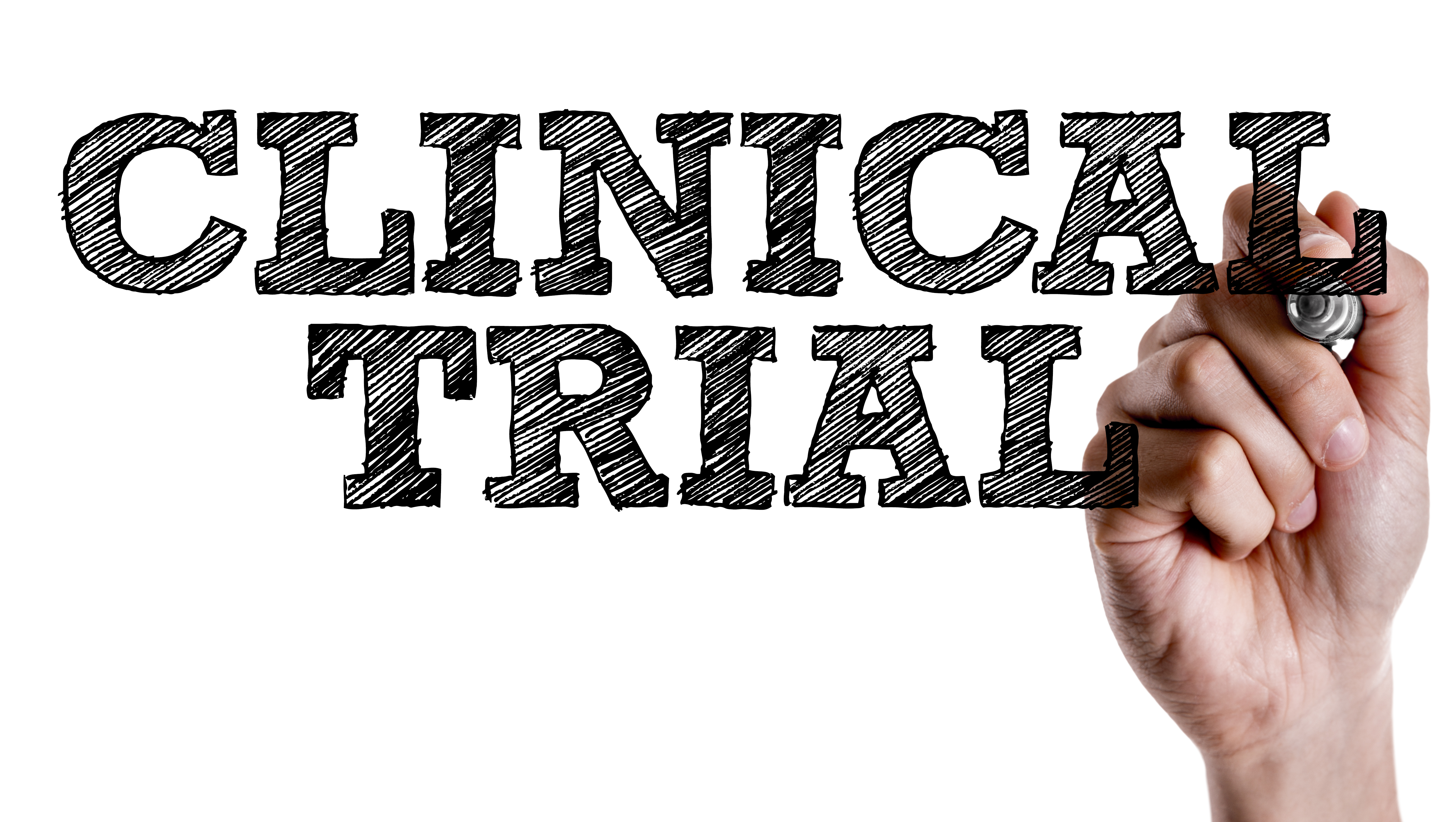New Phase 3 Trial of Blisibimod for Severe Lupus Begins
Written by |

Anthera Pharmaceuticals reported that the company’s Phase 3 clinical trial of blisibimod in patients with severe systemic lupus erythematosus (SLE) began recently with researchers screening the study’s first patient.
Called CHABLIS 7.5, the study is the second Phase 3 trial to explore the drug in lupus patients with and without lupus related kidney disease. Blisibimod will be compared to placebo in a double-blind manner; patients will be randomized to either of the two groups. The study focuses on subjects with continued symptoms despite treatment with glucocorticoid corticosteroid drugs.
Blisibimod was developed by Anthera as an alternative to antibodies. It is a fusion molecule combining an antibody with parts of BAFF (B-cell activating factor) that works by blocking BAFF from activating the immune system. The drug is also being investigated in patients with the inflammatory kidney disease IgA nephropathy.
The earlier Phase 3 trial, called CHABLIS-SC1, completed enrollment ahead of schedule in June; trial results are expected later this year. Anthera already reported no related safety issues.
While the CHABLIS-SC1 study also explored blisibimod in addition to standard therapy in patients who continue with continued disease activity while under corticosteroid treatment, the CHABLIS 7.5 more specifically recruits patients with active inflammation, testing positive for antibodies against anti-double stranded DNA and low levels of immune factors.
In earlier studies, the presence of the two factors had been linked to better treatment responses to drugs that block BAFF.
If patients respond to treatment by reaching a lower disease activity level, doctors will attempt to taper corticosteroids to a maximal dose of 7.5 mg/day.




